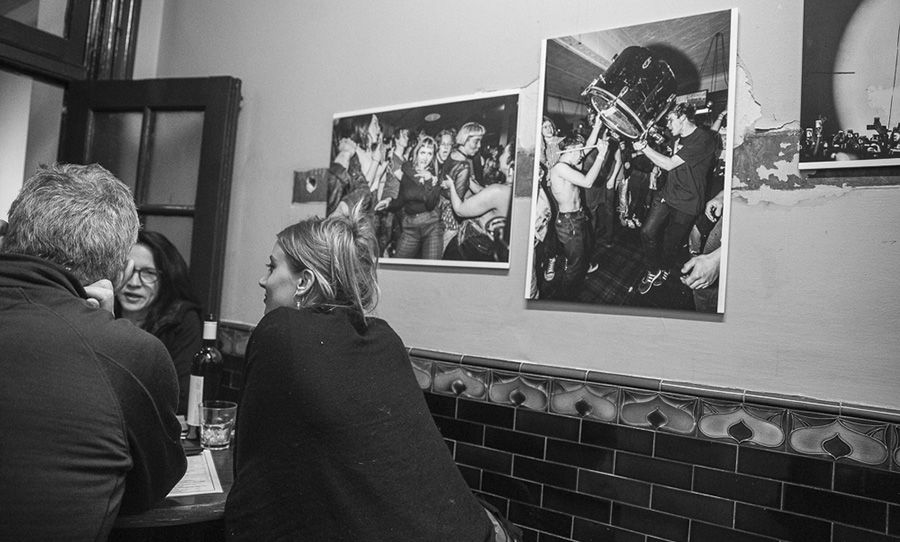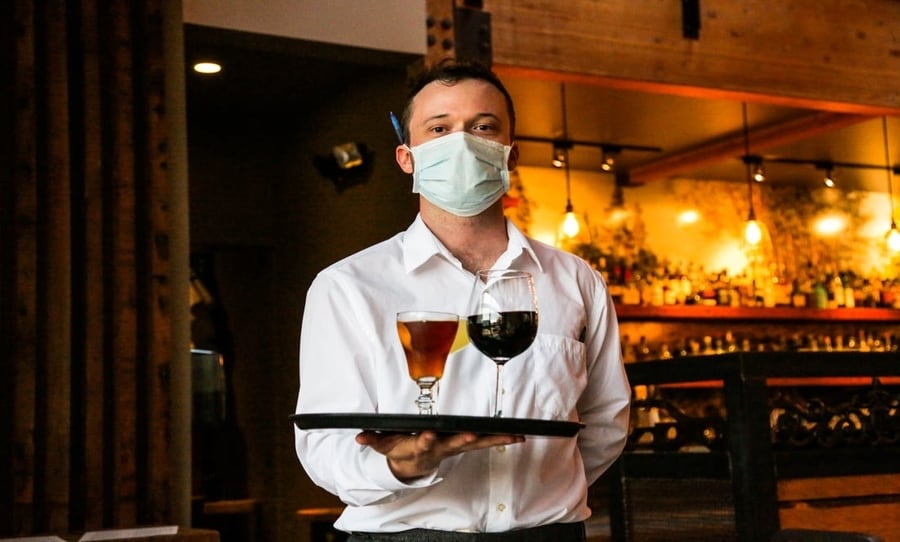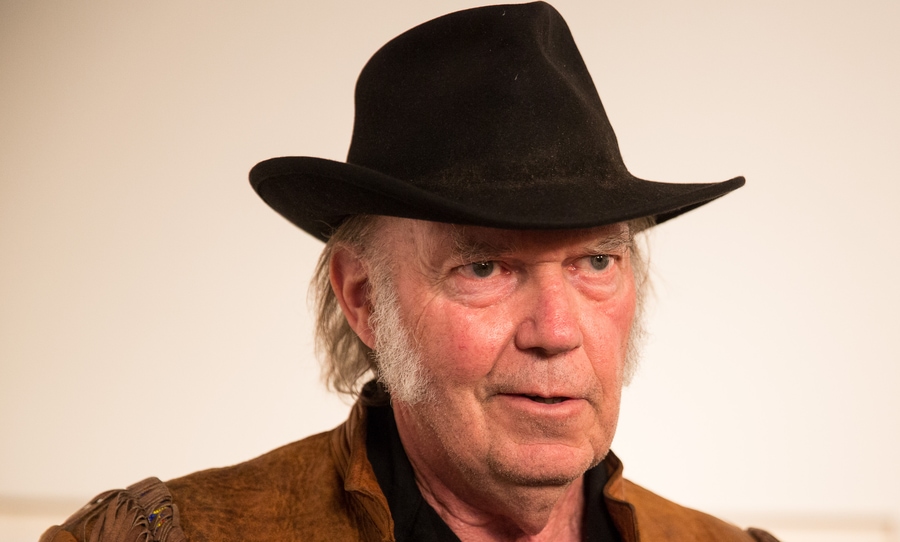The hospitality industry in the strange age of COVID-19 has seen its fair share of abnormalities. The pub, club, and restaurant-like ambiance that we know and love feels like a distant memory as restrictions and social distancing rules become the norm. Hospo workers and small business owners seem to have received much of the brunt of the times, and working throughout a pandemic comes with a variety of consequences and challenges.
This article is all about the difficulties that the brutal pandemic has created for hospitality workers, owners, and patrons. Will the hospitality industry ever be the same after this? What can we do to keep the industry thriving? We’ve spoken to a few Aussie hospo workers to capture the bigger picture.

What is the effect of the coronavirus on the hospitality industry? What does this mean for the future? Hospitality workers tell us what it’s really like to be working during a pandemic.
Every sector of the hospitality industry has been affected by the pandemic, thus affecting other influential Australian sectors. Pubs, clubs, hotel entertainment sectors, restaurants, and local food joints have been instructed to reduce or stop service completely at some point during this pandemic.
The Guardian suggests that 70% of businesses in the hospitality sector have had to diminish staff numbers in order to survive. 43% of workers have been let go or forcibly placed on unpaid leave. Research conducted by McKinsey & Company suggest that pre-coronavirus economic standards may take years to recover – at least until 2023.
And the virus has only been around for six months.
With the future of the virus and the world in speculation, global arts and entertainment industries are essentially on hold until further notice.
Most of private sectors(Hospitality & tourism industry) are begging to go back to work because of loss of income , they don’t care about Covid 19 anymore, lucky are those who want to seat home doing nothing and yet get full pay .
— Nozuko Mjambana (@Mjnoz_) July 15, 2020
We’ve spoken to a few café and fine dining wait-staff to gain a genuine insight on the impacts of the coronavirus at work, asking them to share the effects of working in hospitality during the coronavirus. Here is their insight:
“Working in the hospitality sector during COVID-19 has proven to be tough due to the closure of restaurants for large periods of time,” said Olivia Cicciari, an Inner West fine dining employee.
“This resulted in the eradication of income during this time. It was also hard when the restaurant reopened due to not receiving many shifts as venue capacity was decreased and there were restrictions on patronage within the workplace.”
“Jobkeeper has been an amazing help in keeping us employed and giving us work to do, because without it, the restaurant would still be closed for business,” Olivia continued.
hey Im a restaurant worker PLEASE DONT EVER GO TO RESTAURANTS AGAIN
— brendan joyce (@nicetryofficer) June 28, 2020
With the ever-changing nature of hospitality during the pandemic, workers have had to adapt to differing hours, a change in pace and policy, and an increased alert to potentially infected patrons or staff members. Even the slightest signs of sickness can cause panic or, in the worst-case scenario, a possible outbreak.
Caitlin Quan, an Inner West café employee, added her input:
“Working during Covid has been a strange experience as so much has changed such as the need for social distancing and the different layout at work. I think that it has made me more aware of good hygiene practices and the need to maintain them even after COVID.”
Restaurants and cafés have had to adhere to new, strict coronavirus guidelines that involve extensive cleaning and social distancing to prevent the spread of the virus. Businesses have provided and enforced the use of hand sanitiser and good general hygiene practices to support this. In some Aussie states, staffers were required to complete a COVID-19 safety course before coming back to work.
Emily La Spina, another café employee, continued:
“Over COVID, working in hospo has become a unique experience in becoming a local hub. While there were difficulties and hardships as by not having seated customers down, profit margins decreased and as not many people ordered food, a person’s average spend would be lower than pre-COVID. However, it gave me an opportunity to meet and get to know the people in the area and really well and create bonds with people I may never have met, if they weren’t stuck in the house 24/7 and needed to escape to the local coffee shop to escape the craziness of home!”
The economic effect on hospitality is so huge, it could take up to five years for the stats to return to their original state. David Rumbens , Deloitte Access Economics partner, told The Guardian:
“Unemployment’s going to be quite high, or higher than it was, for a period of time.”
During these uncertain times, it is important to keep supporting local hospitality businesses as best as we can since many of them have taken the full brunt of the coronavirus. The biggest concern among staff members and business owners is the virus itself; protection and restriction remain an absolute priority.
Olivia Kapocius, another Sydney fine dining employee, concluded:
“It’s been a difficult period in having to maintain health and safety sanitisation across the restaurants, where, as restrictions have been easing, hospitality staff are coming into more and more contact with customers which also places us in a more volatile environment.”
Supporting local businesses during this time is vital to ensure their survival. We want to encourage patrons to follow health and safety procedures to protect themselves and staff members who’re essentially putting themselves at risk.
These businesses are still wilfully providing the best possible customer service and are making an effort to keep patrons and staff safe and happy. Together, we can also make an effort to keep restaurants a safe and happy space throughout the pandemic and continue to support those closest to ourselves.
Anyone up for a feed?



